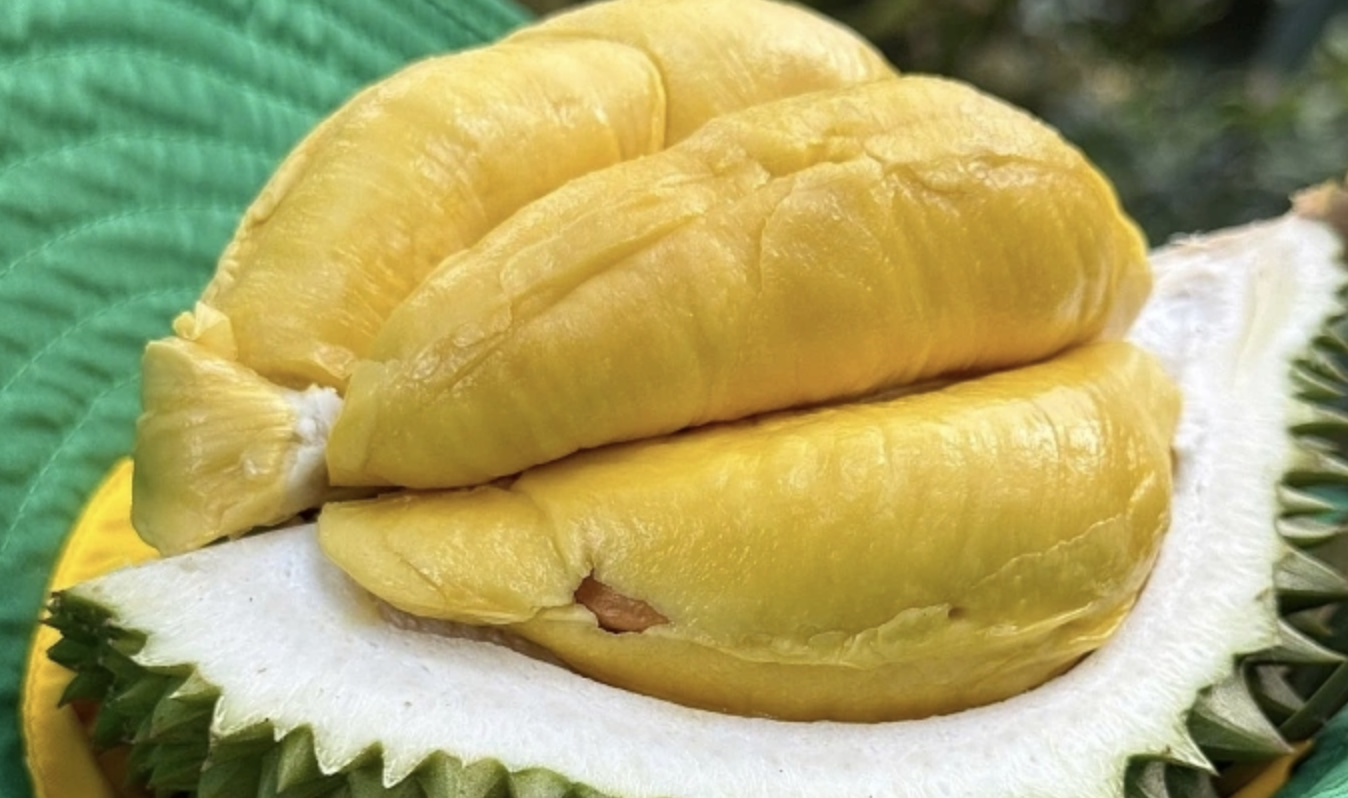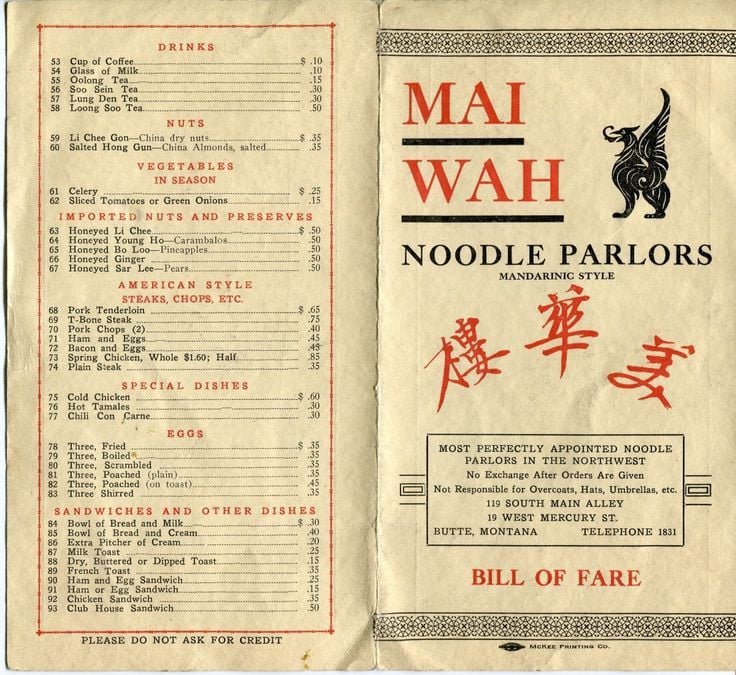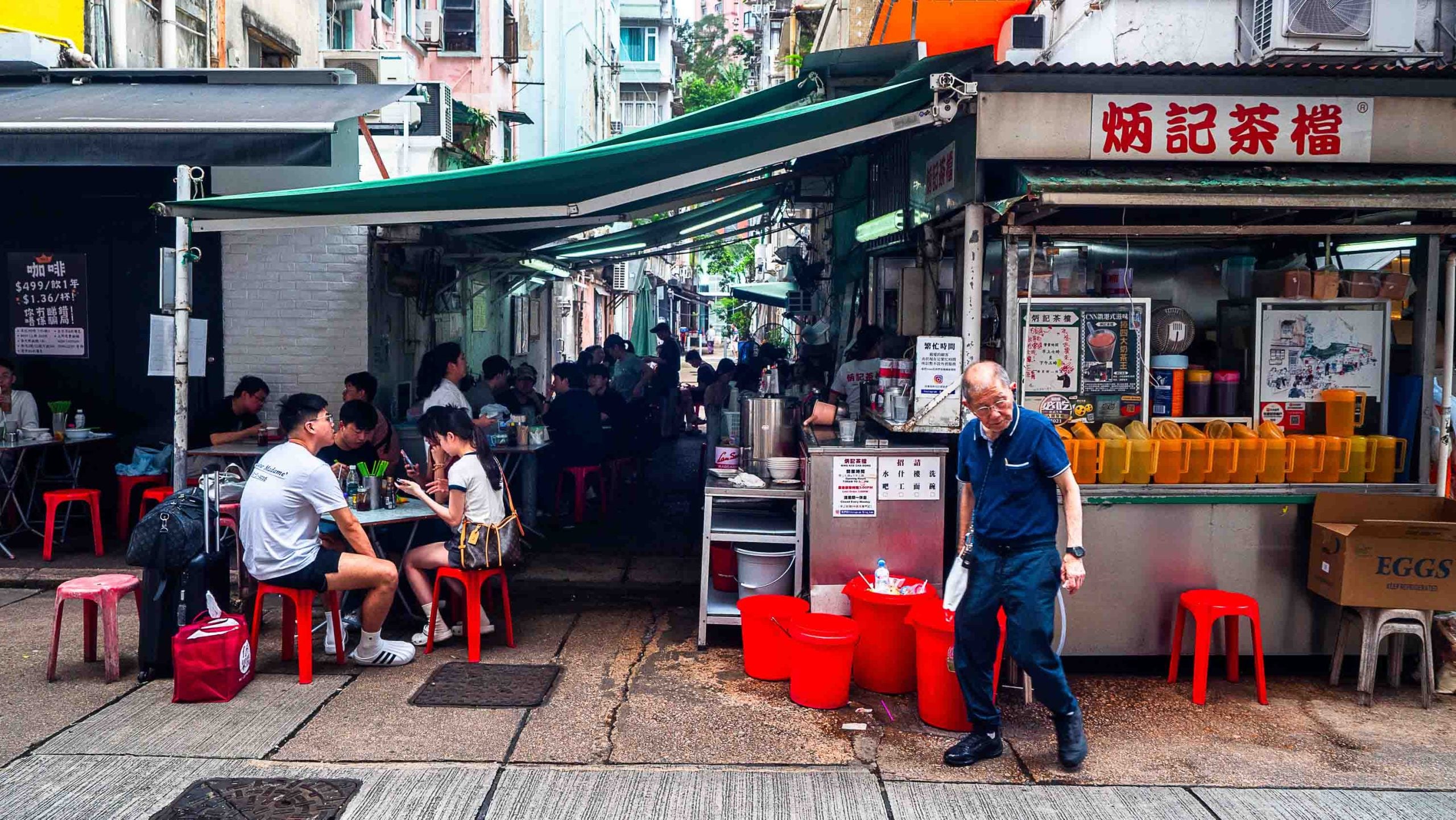Editor’s note: This article was originally published by TechNode. It has been re-posted here with permission.
Before Xiaohui leaves the office at the end of a long workday, she picks up her phone and begins thumbing the screen. “The carrots and spareribs will be delivered when I get home in an hour,” she says. Married with a five-year-old, she used to pick up ingredients for dinner from a grocery store on her way home. Now, the meat, vegetables, and fruit are only a few taps away.
Among the half-dozen produce apps Xiaohui uses are Fruit Day (天天果园) and Yiguo (易果), two of China’s major fresh produce shopping sites. They are also, unsurprisingly, backed by the twin e-commerce titans JD.com and Alibaba respectively.
The giants have convinced Chinese people that they can buy nearly everything—from clothing to cars—via the mobile screen, and are now telling them that they don’t need to touch the bok choi before serving them to the table. In 2015 and 2016, JD lay out two rounds for Fruit Day. In August, Yiguo nailed $300 million from Alibaba’s B2C e-commerce Tmall (in Chinese), adding to the previous three rounds that Alibaba had put in.
Chinese online retailers have long wanted to figure out the online groceries game—tantalizing and still largely untapped. In 2016, China’s fresh produce e-commerce reached RMB 91.39 billion (roughly $14 billion) in transaction volume, up 68.6% year-on-year (in Chinese) according to data company Analysys. A study co-released by Boston Consulting Group (BCG) and AliResearch from last September shows that only 7% (in Chinese) of Chinese urbanites’ grocery shopping happened online.
Grocery isn’t the easiest thing to sell online. Unlike most commodities that are conveniently standardized, each piece of fruit, vegetable, and meat is unique: housewives may not trust a JD employee to pick their peaches. Produce is also perishable, demanding hefty investment in warehousing and cold chain. To have a comparative advantage over local groceries, produce e-commerce must carry a wide enough variety, and it needs to have a significant scale from the start or the big stock will just spoil. All this hard work is, eventually, met with low net margins.
“This industry is bitter because everyone is losing money,” said President of JD Fresh, Wang Xiaosong, in an interview with local media last September. “The average net loss is at 35-40%. That’s why from the second half of last year [2015] to this year, fresh food e-commerce companies have shut down one by one. As soon as capital dries up, cash flow is in trouble.”
A 2016 study by the China E-commerce Research Center shows that out of the 4,000 existing fresh produce e-commerce companies in China, only 1% are profitable (in Chinese). A glimpse at the deals that JD and Alibaba make with their fresh food allies sheds light on how this bitter battle of freshness can be fought.
Yiguo-Alibaba
12-year-old Yiguo is more than an investment for Alibaba. It is, in practice, the operator behind Tmall’s fresh food unit “Miao Xiansheng” (喵鲜生 or Mr. Fresh in English) (in Chinese). Alibaba’s “platform” approach—online marketplaces populated by third-party merchants—means that it lacks the logistics know-how and cold chain capabilities needed for delicate produce. Aside from supply chain resources, the Yiguo bundle also brings along ExFresh, its cold chain logistics subsidiary. According to Farmers Daily, cold chain logistics can cost two times more than logistics for regular commodities and can eat up 25%-40% revenues for e-commerce companies. (in Chinese). Part of Yiguo’s fresh funding from Tmall will go to beef up the ExFresh’s cold chain capacity.
“Yiguo’s infrastructure—from front-end omnichannel operation, back-end management, to a logistics network across the country—means that we aspire to and can be China’s enabler of new retail for produce. We are like a USB that can be inserted instantly,” Jin Guanglei, co-founder of Yiguo says in an interview (in Chinese) with Deqian Wan, a freelance blogger on Chinese e-commerce. ExFresh is also giving a cold chain boost to Alibaba’s logistics affiliate Cainiao, helping the latter handle produce orders.
Yiguo is in line with Alibaba’s core of being an asset-light, high-margin model that has made it successful. However, founder of Alibaba Jack Ma recently claimed in an interview with Bloomberg that the company will need to move away from its asset-light approach if it wants to grab a bigger share of global trade. Concurrently, JD—who prides itself on the customer trust bestowed by its direct sales and in-house couriers—is gradually opening up to third-party merchants; gross merchandise volume (GMV) in this category grew 61% in 2016 to reach RMB 272 billion ($41.5 billion), taking up 41.3% of JD’s total GMV. Direct sales increased at a slower pace of 46%.
Fruit Day-JD
Compared to Alibaba’s tight hold on Yiguo, JD’s approach to Fruit Day comes across as reserved. In 2016, JD founded a business unit dedicated to fresh food headed by Wang Xiaosong, a key figure in the company’s early success in 3C (Computing, Communication, and Consumer). The newly founded JD Fresh leverages the parent company’s existing warehousing and delivering network, and bets big in building its own cold chain network.
“Produce is a long-term investment for JD,” says Wang in the interview. “We will invest heavily in cold chain, aiming to build out 20 cold chain warehouses, deliver to 240 cities, and run 6000 distribution hubs.”
This means JD Fresh is less reliant on outsiders in getting its vegetables to customer doorsteps. Both JD Fresh and Fruit Day sell directly to customers, so the allies are to some extent in competition. Collaboration takes place mostly in logistics (in Chinese), founder of Fruit Day Wang Wei told local media. Currently, 70% of Fruit Day’s Beijing orders are handled by JD.
“JD’s advantage lies in its robust logistics, whereas Alibaba’s is its large customer base,” Kai Ge, who runs a community for Chinese fresh produce e-commerce founders, says to TechNode.
JD’s asset-heavy model means it won’t have the profitability level of Alibaba in the near future, but JD‘s founder Richard Liu believes that trust earned via quality will eventually pay off. To sell free-range chickens, for instance, JD goes as far as subsidizing rural farmers. Liu blogged about (in Chinese) the “treadmill” (跑步机)—homophonic to “running chicken” (跑步鸡) in Mandarin—project where chickens’ feet are tied to a step tracker. If a chicken runs over one million steps, he proclaims,”JD will promise to procure it at three times the local price!”
The Last Mile
Neighborhood groceries have the advantage of being within walking distance. To win, online retailers must fetch the food to consumers more efficiently. Whole Foods doesn’t only bring produce to Amazon. Its 460 stores in well-heeled locations across the US can also work as fulfillment and distribution hubs needed for Amazon’s last-mile delivery, not to mention the customer data that comes with every purchase.
This is why Alibaba and JD are chasing after brick and mortar grocery stores for the past few years.
In 2015, JD put $700 million in Yonghui Superstores for a 10% stake, gaining access to the latter’s nearly 500 supermarkets across China. Last June, JD struck a strategic partnership with Walmart that led to the full integration of the giants’ platforms, supply chains, and customer data. Walmart soon debuted on JD Daojia (JD到家 meaning “JD to home”), the O2O arm of JD: Items ordered on JD Daojia are dispatched either from JD warehouses or Walmart’s prime city locations based to achieve optimized delivery routes.
Alibaba is also adding a big offline footprint. In May, the giant acquired an 18% stake in Lianhua Supermarket from Yiguo, making it the second largest stakeholder of the chain that claims 3618 physical stores across 18 provinces and municipalities as of 2016.
Jack Ma envisions a future that the online-offline division blurs. He names it the “new retail”, which in his own words is “the integration of online, offline, logistics and data across a single value chain.” Hema Supermarket, whose founder Hou Yi formerly headed JD’s supply chain, epitomizes Ma’s vision.
Customers who have downloaded the Hema app can shop, dine and enjoy a faster checkout in the sprawling, futuristic Hema store. Those unwilling to leave the couch can have their orders delivered under 30 minutes given they live within a 3-km radius from Hema’s 13 locations in China’s major cities. JD’s ally Yonghui also introduced a similar concept called “Yonghui Super Species”, a blend of retail, dining, and mobile app.
“Alibaba and JD are like yin and yang,” Kai Ge reckons. “They are shadowing each other in every move, and will spearhead China’s fresh produce revolution together.”
Cover photo: Altavia


















